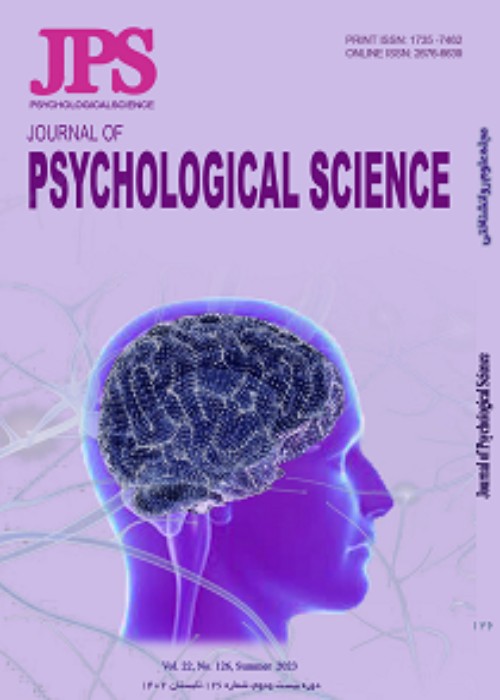The investigating comparison of the efficacy of cognitive-behavioral therapy (CBT) and mindfulness-based cognitive-behavioral therapy on perfectionism, psychological distress, and pain intensity in patients with migraine headache
Pain as a multifaceted phenomenon is associated with great psychological, social and physical suffering and reduces the performance of the individual in society. Among these, Migraine headaches are one of the most common types of pain and the main reason for seeing a doctor.
There has been a lot of research on the efficacy of cognitive-behavioral therapy and mindfulness-based cognitive-behavioral therapy on migraine headaches with the experience of psychological distress. However, there is a research gap in the field of the psychological effect of these treatments on psychological distress and their comparison in the statistical population of this research.
The present study is quasi-experimental with a three-group pretest-posttest design. The statistical population included all patients with migraine headaches referred to the Neurology Clinic of Mashhad in the first half of 2020. After determining the inclusion and exclusion criteria in the research and the initial pre-test, 45 eligible individuals were selected and randomly assigned to three groups (two experimental groups and one control group). In order to do this, data collection from the Depression-Anxiety-Stress Scale (Lovibond & Lovibond, 1998) questionnaires was used. Data were analyzed by variance and Bonferroni post hoc test.
According to the results, both cognitive-behavioral therapy (p<0/05) and mindfulness-based cognitive-behavioral therapy (p<0/05) significantly reduced the level of psychological distress in patients, The mean of all three variables of depression (P<0.001), anxiety (P<0.001) and stress (P<0.01) in the group of mindfulness-based cognitive-behavioral therapy is lower than the other two groups; and the mean of depression (P<0.001), anxiety (P<0.02) and stress (P<0.001) in the cognitive-behavioral therapy group is significantly lower than the control group. Therefore, although both interventions of cognitive-behavioral therapy and mindfulness-based cognitive-behavioral therapy have significantly reduced depression, anxiety, and stress in migraine headache sufferers, mindfulness-based cognitive-behavioral therapy is significantly better than cognitive-behavioral therapy, and it has been more effective and significantly more successful in reducing the dimensions of psychological distress.
Mindfulness-based cognitive-behavioral therapy has a greater effect on psychological distress in patients with migraine; Therefore, it is recommended to use this method as a complementary treatment.
- حق عضویت دریافتی صرف حمایت از نشریات عضو و نگهداری، تکمیل و توسعه مگیران میشود.
- پرداخت حق اشتراک و دانلود مقالات اجازه بازنشر آن در سایر رسانههای چاپی و دیجیتال را به کاربر نمیدهد.


